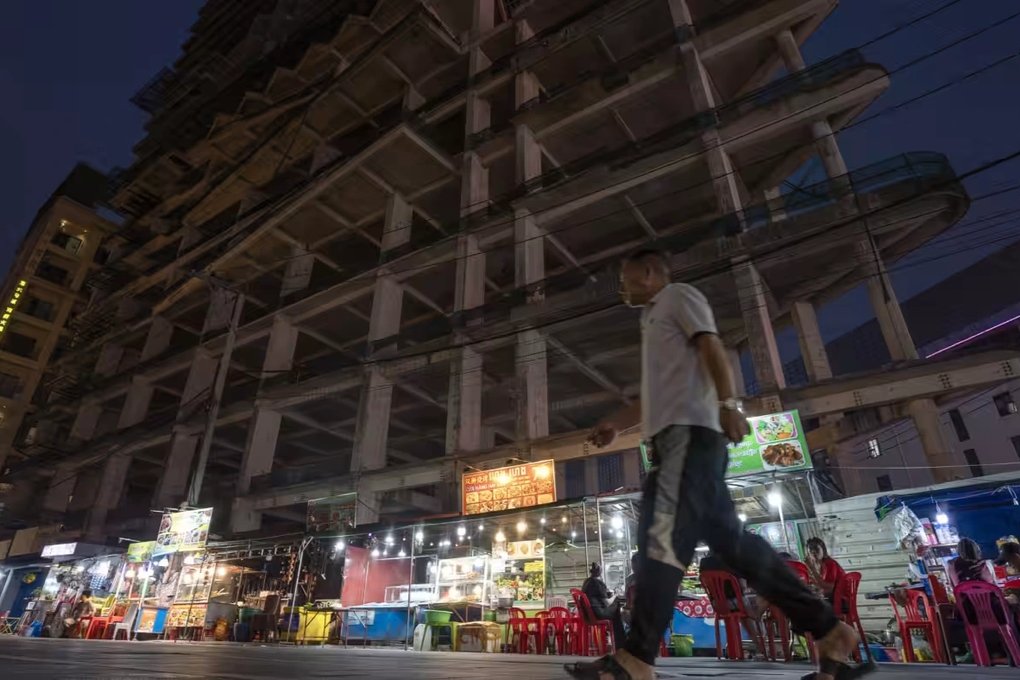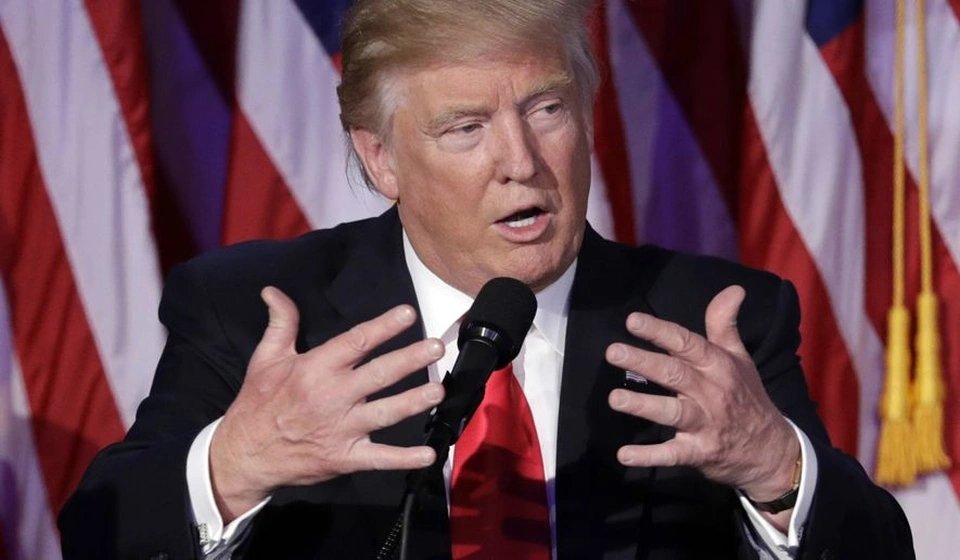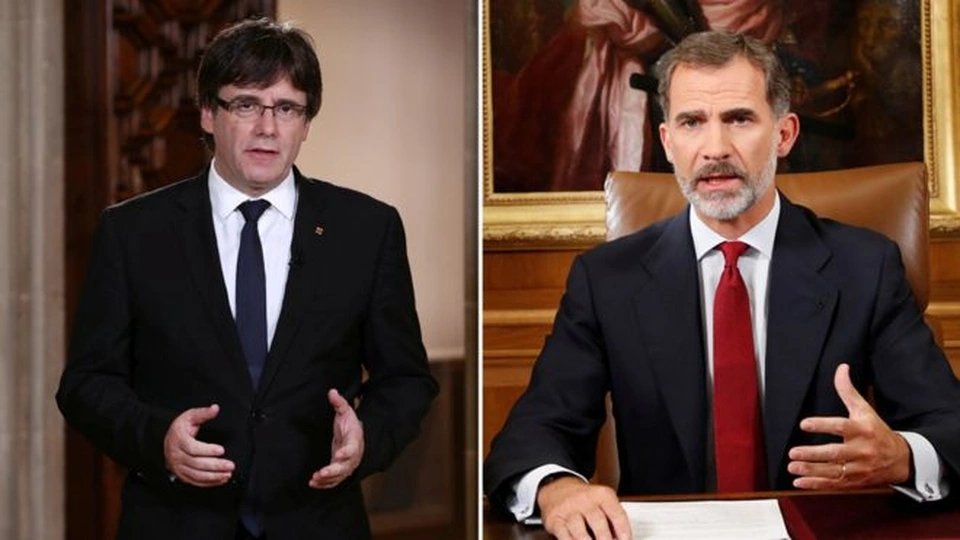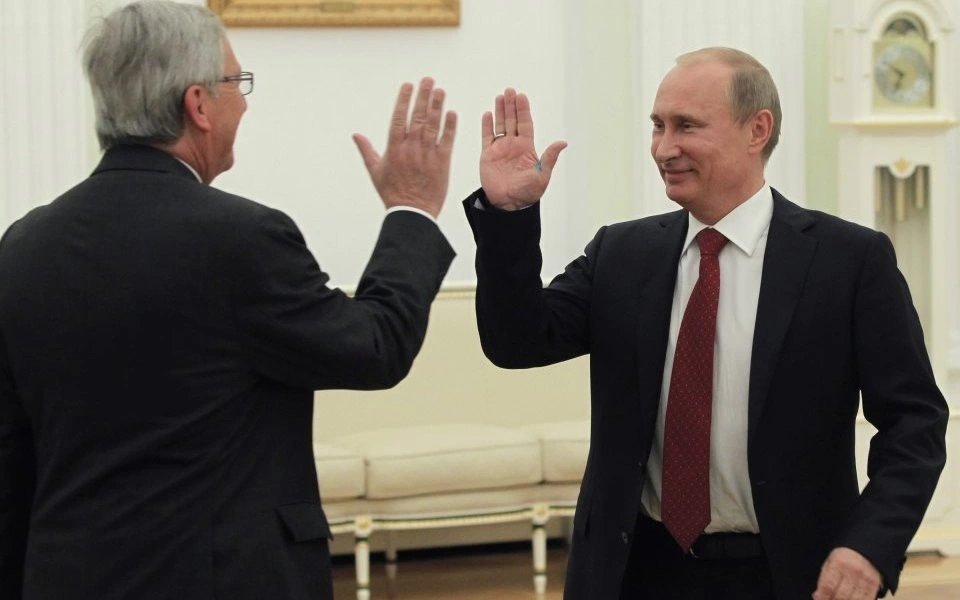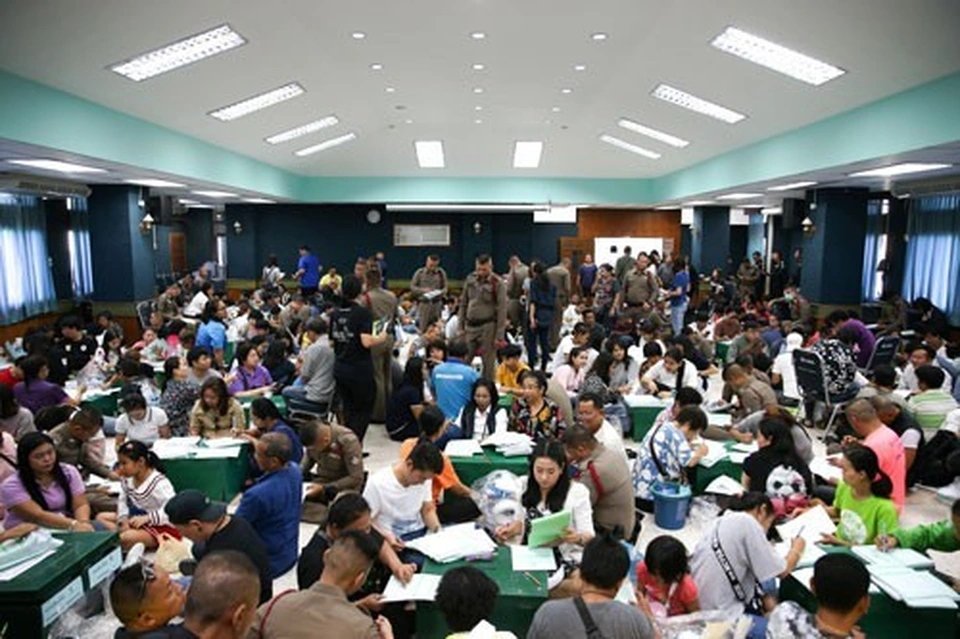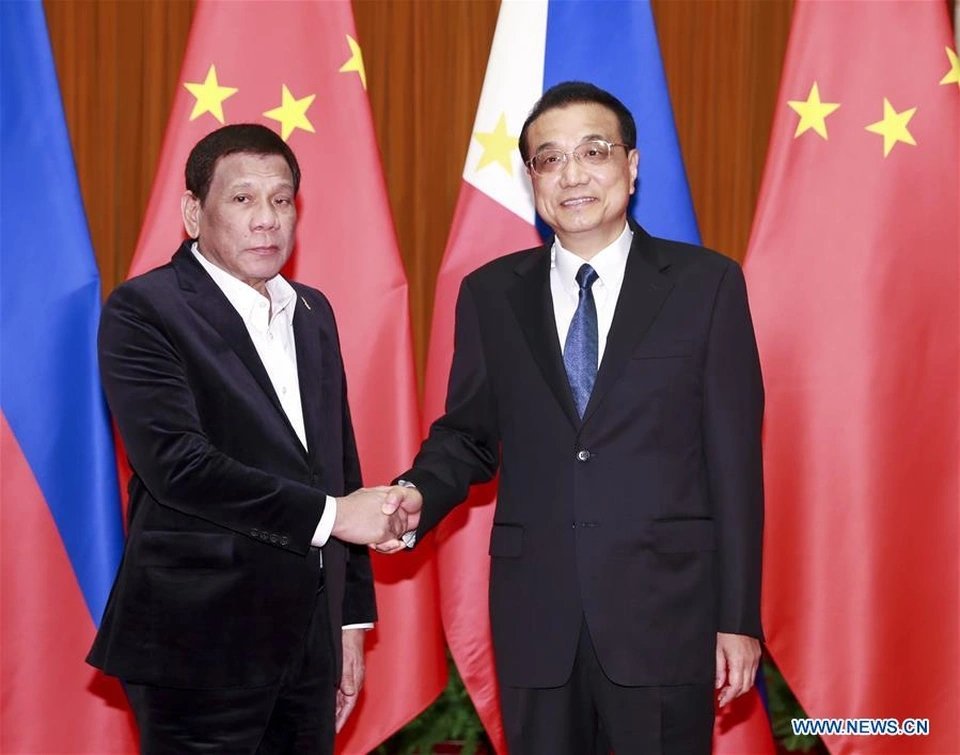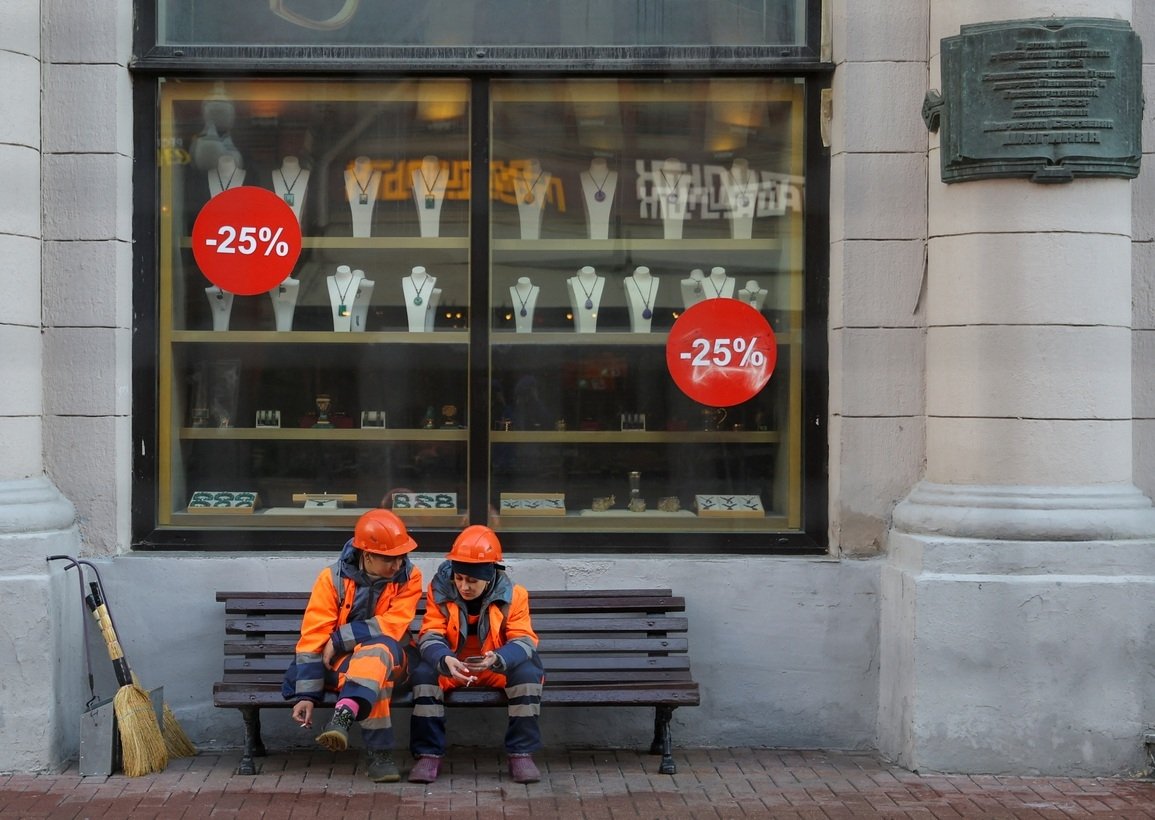
(Dan Tri) – Russia has been subjected to a series of unprecedented and strict sanctions since launching a special military campaign in Ukraine, forcing a series of famous Western corporations to leave.
Cleaning staff sit on chairs outside a jewelry store in Moscow, Russia (Photo: Reuters).
Marks & Spencer has become the latest international company to withdraw from Russia after a series of names such as McDonald’s.
The purpose of Western countries is to damage the Russian economy and punish high-ranking officials, including close figures of Russian leader Vladimir Putin.
So to date, what sanctions has Russia suffered from the West?
New EU sanctions package proposed
Proposed sanctions against Russia have not been approved by EU members.
The EU could also sanction 58 Russians, including those involved in the charges in Bucha and the siege in Mariupol, Ukraine.
The embargo plan on Russian crude oil is part of the sixth sanctions package, proposed on May 4.
Financial measures
The assets of the Central Bank of Russia have been frozen, to prevent the bank from using $630 billion in foreign currency reserves.
This caused the ruble to decrease in value by 22%, pushing up the price of imported goods and causing Russia’s inflation rate to increase by 14%.
Washington has also banned Moscow from paying debts with the $600 million it holds in US banks, making it difficult for Russia to repay international loans.
Major Russian banks have been removed from the SWIFT international financial system, leaving Russia behind on energy export payments.
Britain has excluded key Russian banks from London’s financial system, frozen the assets of all Russian banks, banned Russian companies from borrowing money and placed limits on deposits that its citizens can make.
Energy sector
In addition to the new EU measures, the US is banning all Russian oil and gas imports and the UK will phase out Russian oil imports by the end of 2022.
Germany has frozen plans to open the Nord Stream 2 gas pipeline from Russia.
The US, EU, UK and other countries have jointly sanctioned more than 1,000 Russian individuals and businesses involved in the energy sector, including: leaders of large companies, so-called oligarchs and considered
Russian government officials and family members, including relatives of President Vladimir Putin and Foreign Minister Sergei Lavrov.
Military goods, aviation and other fields
The UK, EU and US have introduced a ban on the export of dual-use items, items with civilian and military purposes, such as vehicle parts… The UK is also imposing sanctions on the group.
Currently, all Russian flights have been banned in the airspace of the US, UK, EU and Canada.
Actions of international companies
According to BBC, many international companies have temporarily suspended transactions in Russia or withdrawn completely, including McDonalds, Coca Cola, Starbucks, Marks & Spencer.
Marks & Spencer – the retail giant – previously said its franchise agreements prevented it from withdrawing completely, but has now announced it will completely leave Russia.
Nestle has withdrawn some of its brands but will still sell `essential foods`.
Russia’s response
In response, Russia banned the export of more than 200 products until the end of 2022, including telecommunications, healthcare, vehicles, agriculture, electrical equipment and wood.
Additionally, Moscow is blocking interest payments to foreign investors holding government bonds and banning Russian companies from paying shareholders abroad.

